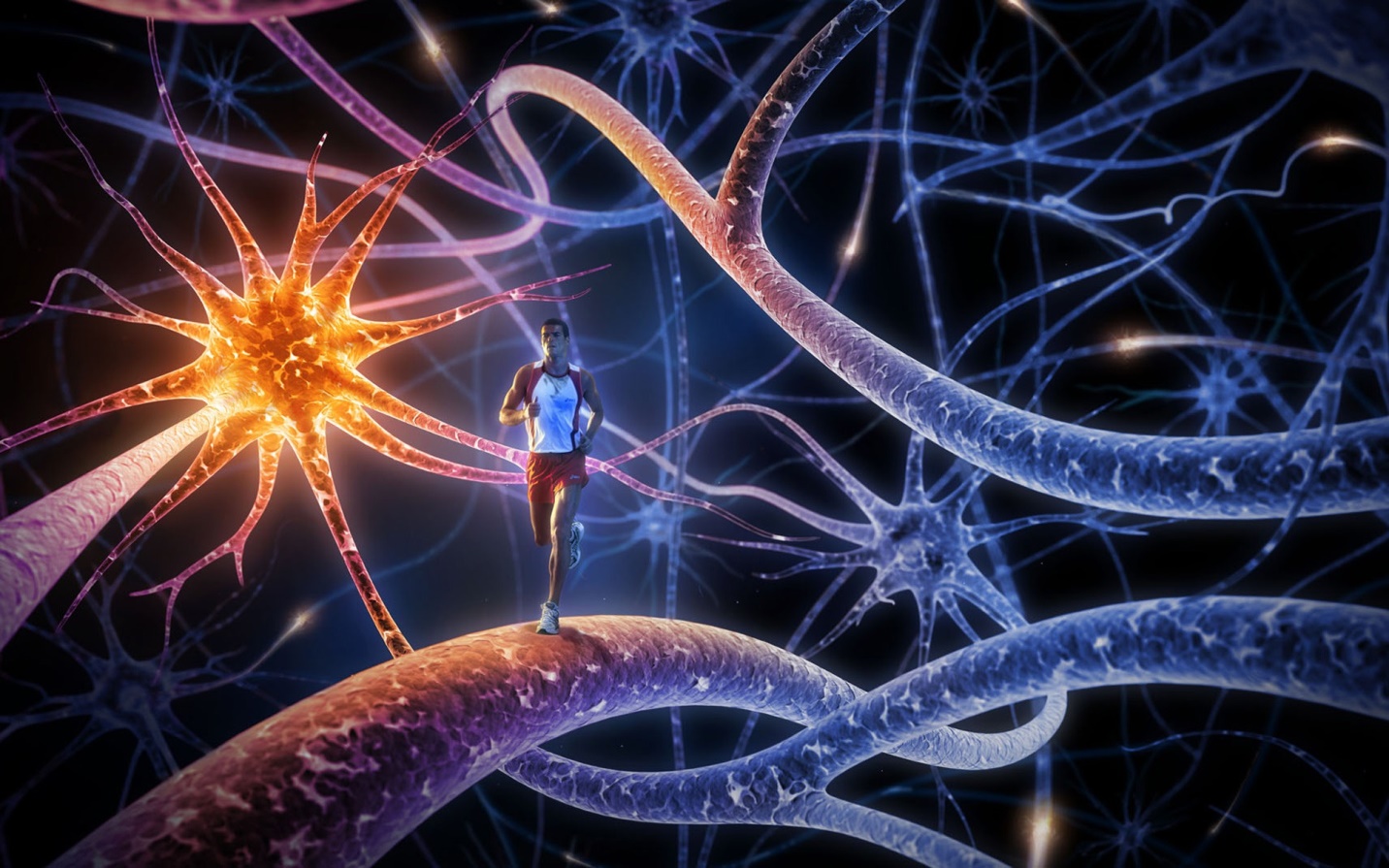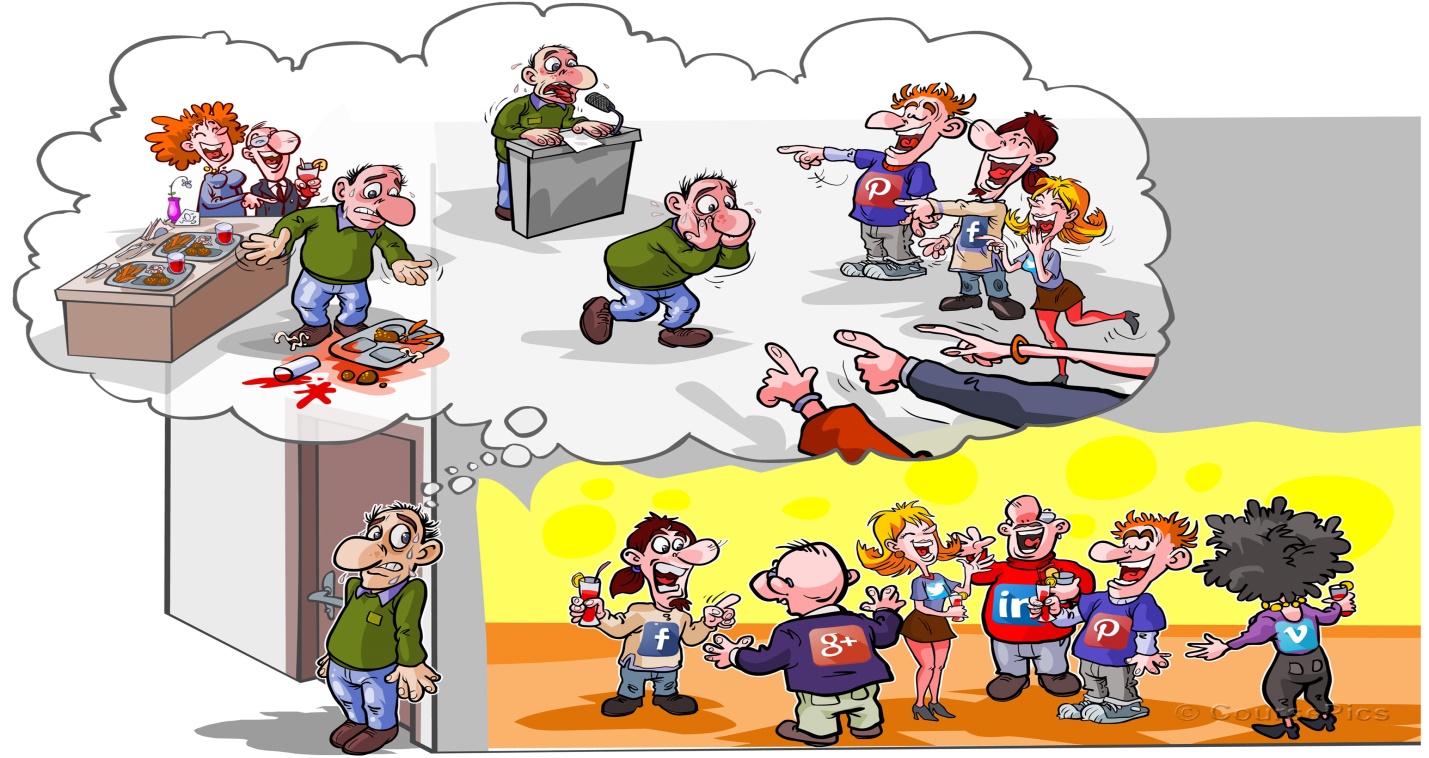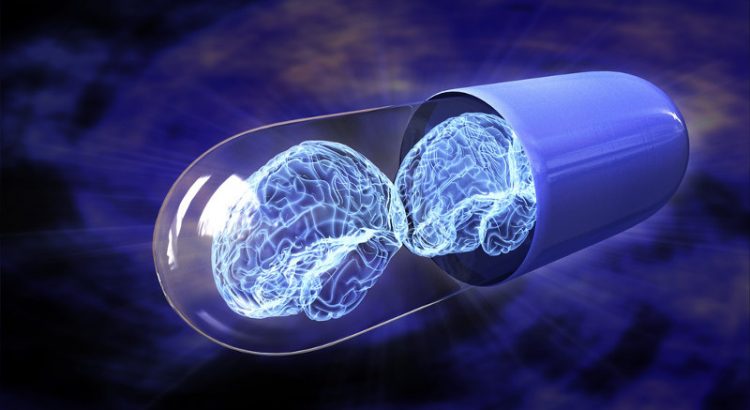Anxiety is a normal part of life. It happens occasionally but some people experience it more often than the others. It is an emotion that causes fear and increased alertness. Its physical signs include rapid or increased heart rate. When talking in front of an audience is a feat, we sometimes would call that stage fright, but actually that is a manifestation of anxiety.

Social anxiety is a common mental disorder across the globe. It often confused with shyness or social awkwardness. Little did we know thought we fins it simple, stage fright is not that simple at all. It has something to do with the chemicals in a person’s brain. Social anxiety is having a feeling of negativity and unexplained fears.
Social Anxiety
Social anxiety has two categories:
- Non-generalized – anxiety that occurs only on specific types of social situations
- Generalized – anxiety suffered in any social situation
People suffering from social anxiety may appear to be calm and normal outside but inside they are a mess – nervous wrecks as they are commonly called.
This mental disorder most often is difficult to deal with. People who suffer from these anxieties may feel that somehow it is their fault, that they lack the ability to socialize and function normally and effectively when in front of many people. It often leads to self-esteem issues.
But most of these fears and guilt is not the person’s fault but is caused by an imbalance of chemicals in the brain. These symptoms will disappear when the imbalance is addressed.

GABA is advertised to be the major inhibitory neurotransmitter and that it has a significant role in controlling anxiety, although not everything that causes social anxiety is all about it. Regulating anxiety has something to do with GABA, yes, but in addition has also something to do with serotonin, norepinephrine, dopamine, and glutamate.
This is the reason why patients or people who are treated with GABA-enhancing medicines reportedly do not experience the expected effects of the medication. When this happens, the problem is not with GABA alone but somewhere else with another neurotransmitter. Hence, it is important to approach professionals for proper medical advice in balancing the neurochemicals. Check this out to learn and understand more about GABA – https://www.psychologytoday.com/us/blog/sleep-newzzz/201901/3-amazing-benefits-gaba.
Nootropics
Nootropics belong to the classification of supplements. There are many synthetic brain boosters in the market nowadays, and there are also those called nootropics. Nootropics boost brain activity but they differ from the other synthetic mind enhancers –nootropics protect the brain from chemical assaults.
On how nootropics work with the brain to enhance memory and/or prevent depression and anxiety, it would need more than just this article to answer that question. But simply put, nootropics help address depression and anxiety by changing the supply of neurotransmitters in the brain. Nootropics boost in case of deficiency; they hype the brain when it is saturated; or they serve as tranquilizers when the brain is overstimulated. Click here for more information about these smart drugs.
Nootropics and Anxiety
While anxiety is caused by traumatic experiences in life or a bad childhood, perhaps, and other stimulants, it is also caused by an imbalance of the neurotransmitter levels. But here is that question on which neurotransmitter it is. Anxiety is complex – just like the brain itself. All neurotransmitters play roles in whatever thoughts/worries we have on a daily basis and how we deal with them.
Nootropics is known to help issues with neurotransmitters – it is said to be smart drugs that will regular the balance of brain chemicals. It works by decreasing or increasing their activity. GABA is known to only reduce anxiety, where an increase in GABA levels leads to lower activity of excitatory neurotransmitter.
Increase in the level of norepinephrine, which is the “fight-or-flight” neurotransmitter, will lead to anxiety and unexplained worrying.
Serotonin affects other neurotransmitters, such as dopamine and norepinephrine, and also controls anxiety. When the levels of serotonin go up or down, it will also lead to overall imbalance of the brain chemicals.
Dopamine levels affect a person’s self-esteem and confidence. Low levels of dopamine will trigger intense insecurity and may also trigger agitation. Abnormality glutamate level can also cause low dopamine since glutamate is the major excitatory neurotransmitter in the neural pathway.
Visit http://thecultivatedbrain.com/old/2018/12/28/stress-anxiety-nootropics/ for a thorough discussion on why nootropics are good in combatting stress and anxiety.
What to Choose?

If you are one of those who are suffering social anxiety and would want to try nootropics find one that does not only give a temporary mind boost. Many of the nootropics that can help with anxiety can be bought over the counter. Read articles from websites like Nootropics Professor for more information about the different kinds of nootropics.
- Bacopa Monnieri – this herb is used in India and nearby countries, now readily available all over the world. Aside from reducing stress, it is known to help improve recognition. It works with serotonin and dopamine neurotransmitters so it controls behavior and mood. It helps reduces anxiety without exhausting the individual.
- L-Theanine – this helps reduce anxiety severely. It helps increase concentration as well. A published study stated that this reduces anxiety because it helps brain waves improvement which results to the brain attaining a relaxed state
- Kava Root – people can go to kava bars to relax and have a cup or two of kava. The roots contain compound that combats stress – kavalactones. It affects the nervous system, reduces anxiety, and helps improve concentration. Drinking kava will produce a numbing effect and muscle relaxation. A study once showed that it had a 95% success rate in treating anxiety.
- Lemon Balm – an herb that is mint-like. It has plenty of health benefits, most often known for its calming and sedative effects. This reduces anxiety and help with sleep. Some studies have also that this herb also helps improve cognitive function.
- Lion’s Mane Mushroom – for thousand years this has existed and lately it became popular as a supplement that helps boost the memory and fights anxiety. It also helps protect the brain from age-related cognitive brain function.
- Phenibut – this is a synthetic nootropic which is on top of the list when it comes to addressing issues of anxiety. This is an analogue of GABA which is majorly responsible for keeping the brain calm and helps it relax.
- Sulbutiamine – is a derivative of Vitamin B1 (Thiamine). It is a synthetic supplement that helps reduce fatigue and improves mental energy. This helps person suffering from anxiety restore their energy levels and improve on other symptoms of anxiety.
Resorting to the use of nootropics to help you with anxiety is a simple and easy thing. It can be easily incorporated in your daily routine, besides it is a great thing to go with food supplements that will not leave you wondering if they will work out fine or not.



